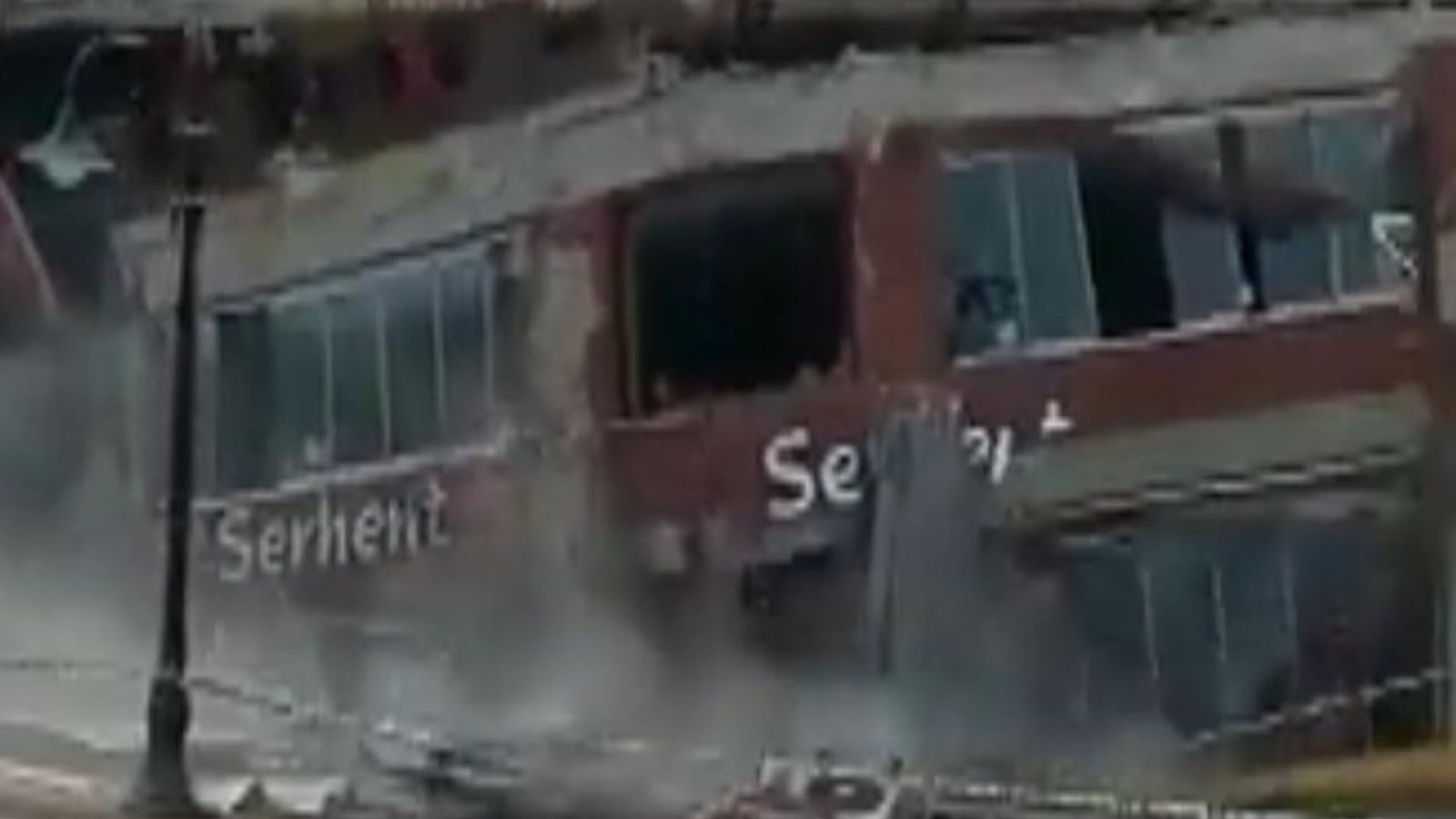A new 5.6 magnitude earthquake has struck Turkey, killing one person and injuring 110, according to authorities.
More than two dozen buildings were destroyed and 32 injured citizens have been rescued, said the country’s disaster management agency, AFAD.
The disaster comes three weeks after earthquakes with magnitudes of 7.8 and 7.6 ripped through its southern provinces, leaving more than 44,000 people dead in Turkey, and more than 50,000 across the country and neighbouring Syria.
The fresh quake was centred in the Yeşilyurt district of southeastern Turkey’s Malatya province – an area that had already been hit by the prior ones.
“It is important not to enter the damaged structures in the region; it is important not to be around risky buildings,” AFAD warned on Twitter.
A father and daughter became trapped under the rubble of a four-storey building after entering to collect belongings, Yesilyurt’s mayor, Mehmet Cinar, told HaberTurk television.
The disaster management agency said its teams have been dispatched to the region, where 650 workers are involved in search and rescue operations that are ongoing in seven buildings.
Turkey-Syria earthquake: Besiktas fans throw thousands of soft toys on football pitch for children affected by disaster
Turkey earthquake: Anger grows over building standards in wake of deadly disaster
Turkey-Syria earthquake: Further £25m aid pledge from UK will provide ‘vital humanitarian assistance’ to victims
Click to subscribe to the Sky News Daily wherever you get your podcasts
Aftershocks continue to pose a safety risk, with a total of 9,136 aftershocks occurring since 6 February, when the initial quakes hit, according to AFAD.
More than 500,000 people have been evacuated from Turkey’s 11 affected provinces, including Malatya, AFAD said in a statement.
More than 160,000 buildings have collapsed and 184 people suspected of complicity have been arrested.
Be the first to get Breaking News
Install the Sky News app for free
Turkish President Recep Tayyip Erdogan was criticized by residents for the slow response to the initial earthquakes.
Presidential and parliamentary elections are scheduled to occur in June.
A report on whether they can be feasibly held in the quake zone will be drafted by a delegation from Turkey’s High Election Board – who were scheduled to start gathering material from quake-affected areas on Monday.






